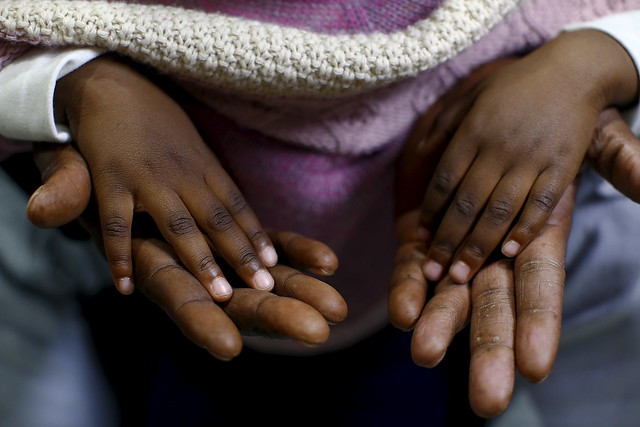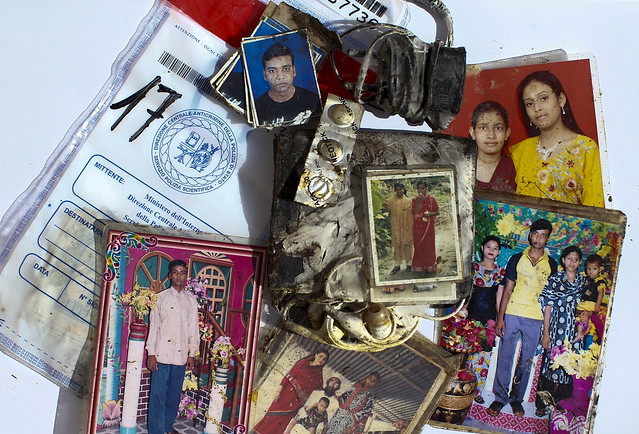Traces of migrants' unfinished journeys
Reuters - Fri, 20 Nov 2015 16:30 PM
Sandy and grimy, the watches, cell phones, family photos, $100 bills, and passports from Pakistan, Syria and Sudan are the tattered possessions of migrants who died at sea.
Italian homicide police removed the items from the corpses of about 90 men, women and infants who perished aboard three different boats this summer.
They preserved the personal effects - a beaded necklace, religious items both Christian and Muslim, a wedding picture, an Istanbul bus pass - as potential evidence to use in court against their smugglers, and to identify the corpses.
"We treat these cases as murder cases," said Giovanni Drago, a longtime member of Palermo's homicide squad, which gave Reuters permission to photograph the possessions.
They offer a glimpse into the lives of a few of the 3,500 people who have died this year crossing the Mediterranean, desperate to reach Europe.
Many of the corpses brought to Palermo had been removed from below the deck of a wooden fishing boat. Jammed together next to the motor, the migrants suffocated, autopsies revealed.
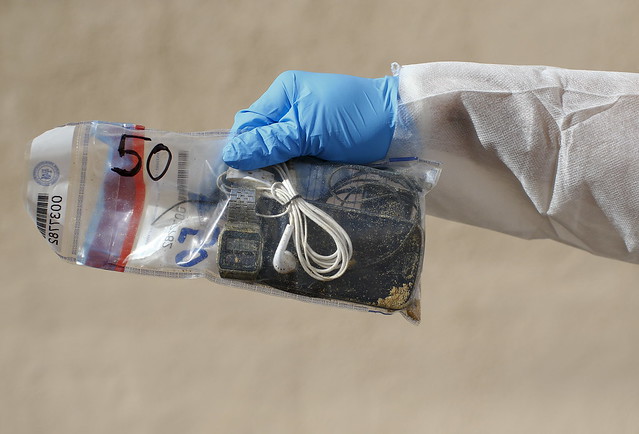
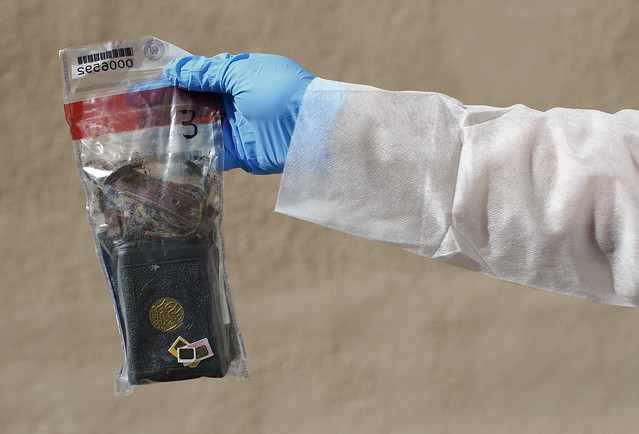
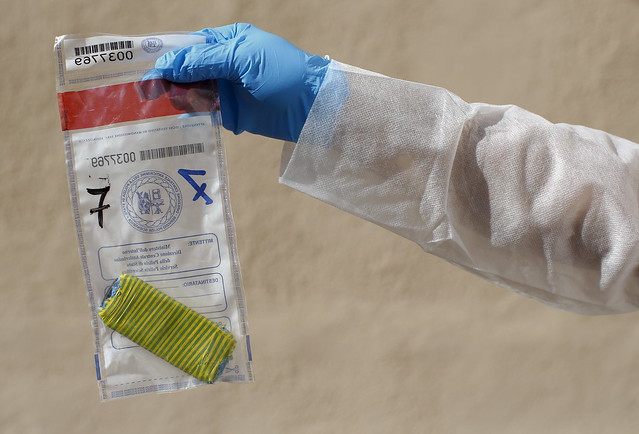
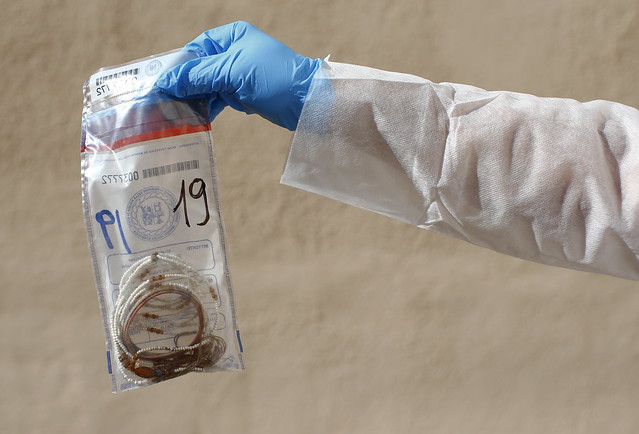
The Africa-Italy route is the deadliest, recording more than 80 percent of the total Mediterranean migrant deaths in 2015. Italy has taken in more than 140,000 people amid the biggest immigration crisis Europe has seen since World War Two.
Escaping war, persecution or severe poverty, migrants pay from $1,200 to $1,600 to smugglers, according to Sicilian prosecutors, in a gamble to reach Europe in unseaworthy boats overloaded to maximise profit.
After Greek officials said one of the Paris suicide bombers arrived on a migrant boat from Turkey, an increasing number of European Union countries have balked at taking in more asylum seekers, and some 25 U.S. governors have vowed to resist hosting Syrian refugees.
But Italian authorities said that the sea route probably is too risky for well-funded and organised Islamist groups who want to efficiently sneak militants into Europe. And Italian police, who speak to survivors during their investigations, said the migrants they have met are regular people, not extremists.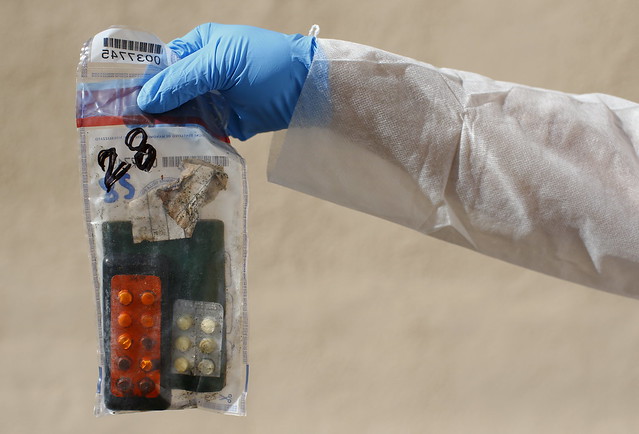

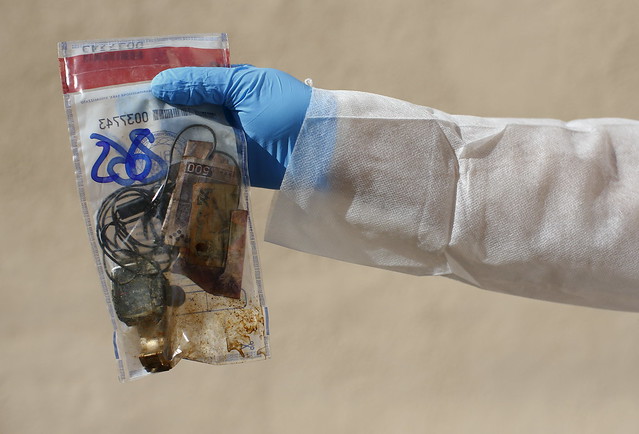
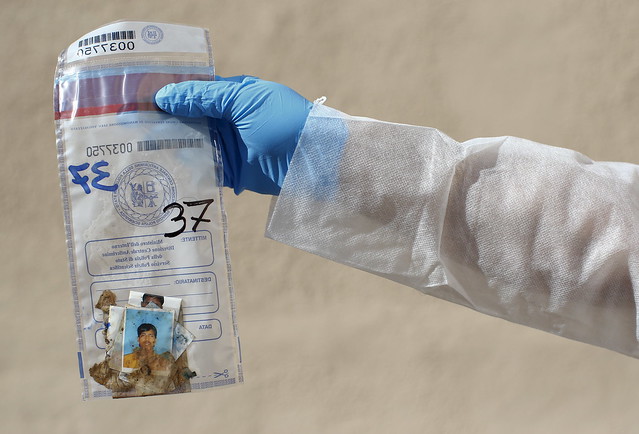
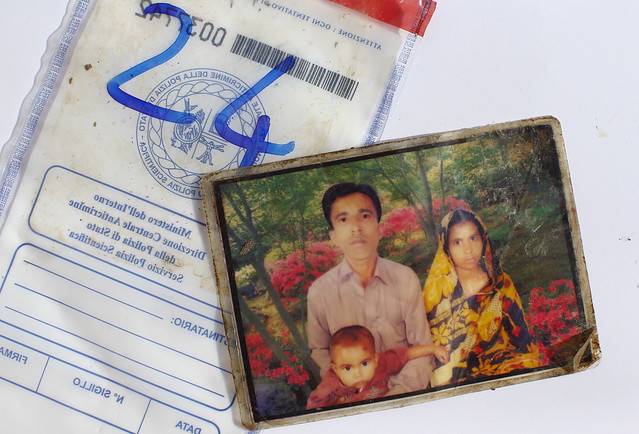
Alpha Sesay, a 36-year-old man born in Sierra Leone, and his two-year-old daughter Prosperin survived a crossing in July, but his 30-year-old wife, Amanda, died.
They were fleeing Tripoli, Libya, where he had lived for almost six years, after he said he was stabbed in the chest in his home for being a Christian."I left Libya because I had nowhere to go. My home was not safe," Sesay said.He described how he was crammed by smugglers onto an overloaded rubber boat which began to deflate and take on water after about nine hours at sea. In charge of the vessel were two men, a Gambian and a Senegalese."They beat people inside the boat because...some people were standing up," out of fear, Sesay said.When a rescue vessel arrived it was too late for his wife, who Sesay found lying dead. She had been beaten by the two men, he said. Several others died on the same boat, including Sesay's adult niece.